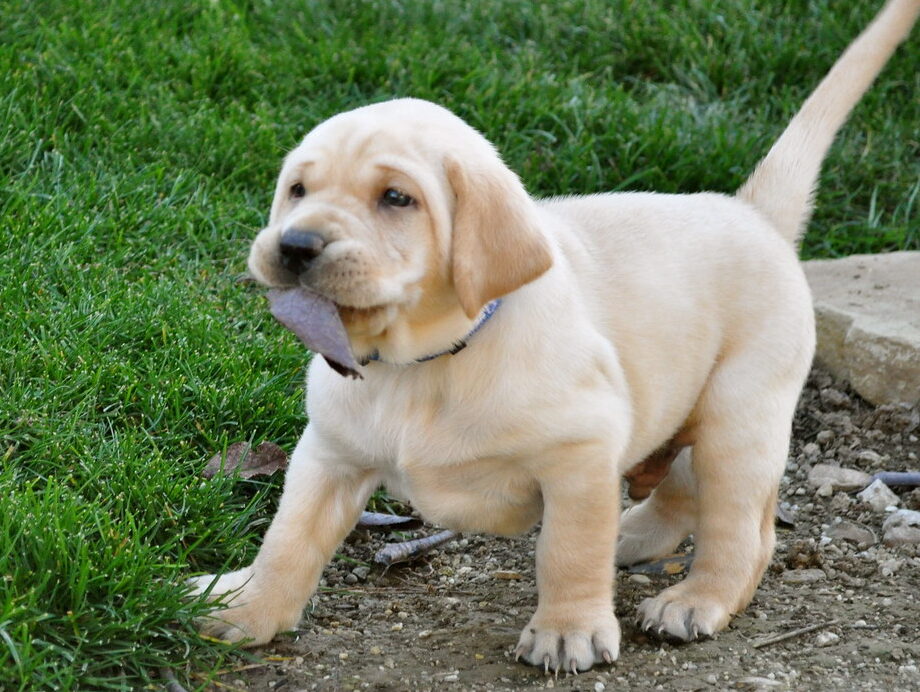
Socializing your puppy is a crucial step to help them grow into a confident, friendly, and well-adjusted dog. However, improper socialization can lead to fear, aggression, or anxiety that could stay with your puppy for life. Here are 15 common mistakes to avoid when socializing your puppy.
Force Them Into Scary Situations
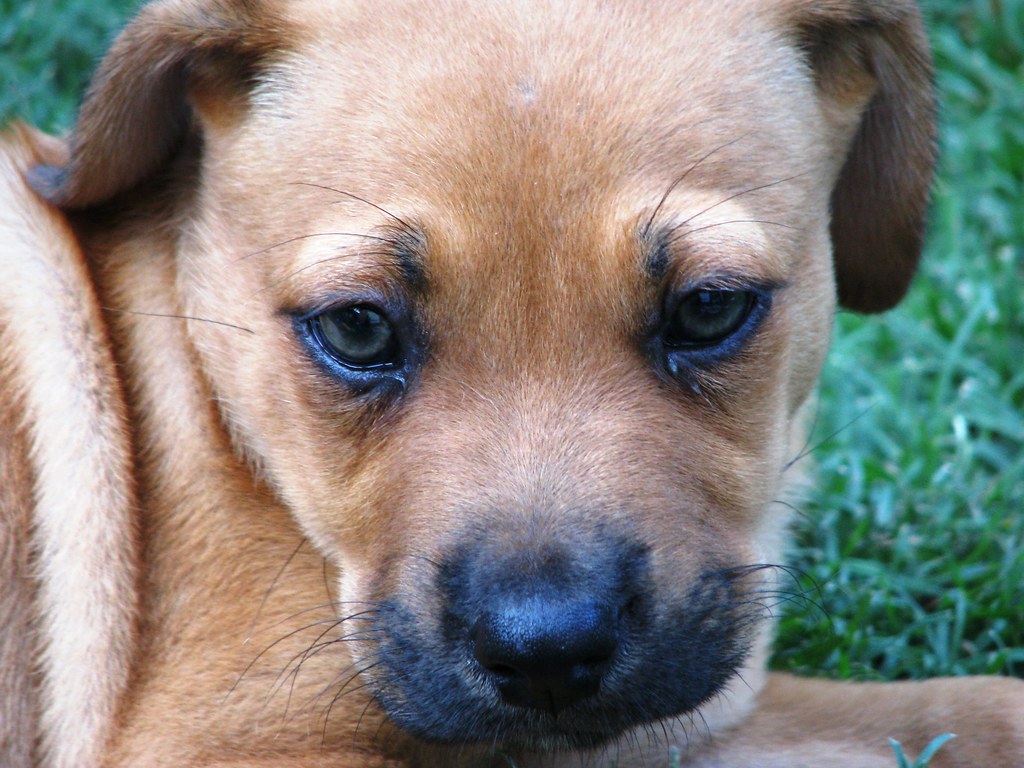
Forcing your puppy into a situation they find scary—like a noisy park, crowded street, or unfamiliar group of people—can backfire. Instead of “toughening them up,” it can overwhelm them and reinforce their fears. It’s important to recognize when they’re hesitant and give them time to adjust.
Ignore Signs of Stress
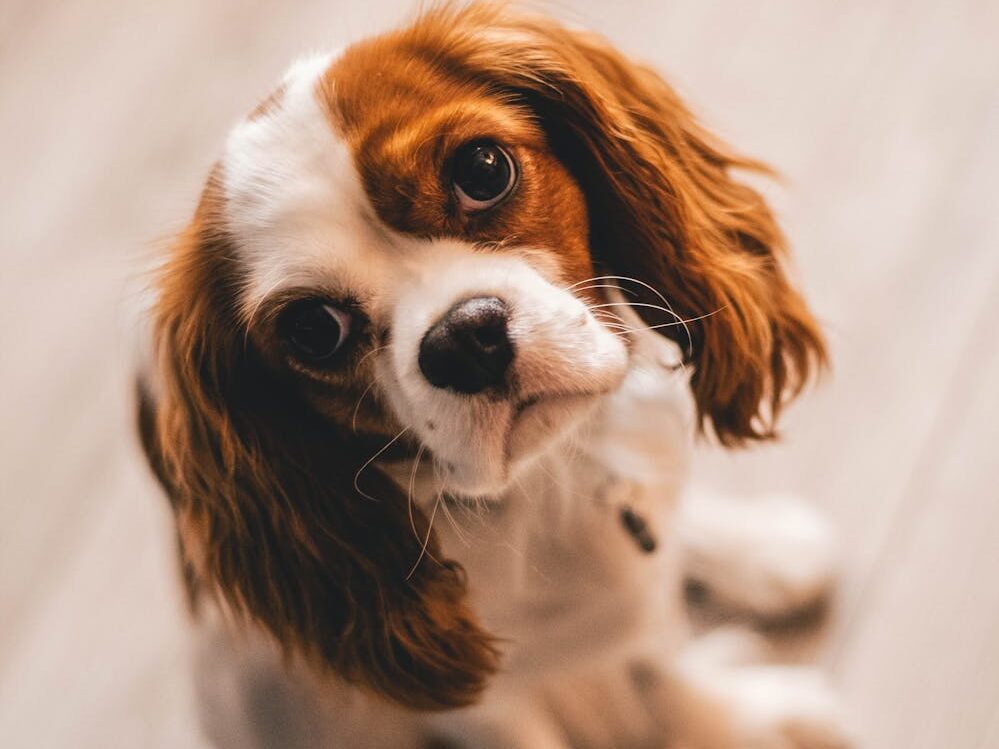
Puppies can’t tell us they’re uncomfortable in words, but their body language speaks volumes. Signs like flattened ears, a tucked tail, shaking, or even yawning are clear indicators of stress. Ignoring these signs can lead to long-term anxiety. When you notice these behaviors, remove your puppy from the situation and give them a chance to calm down.
Expose Them to Too Many Stimuli at Once
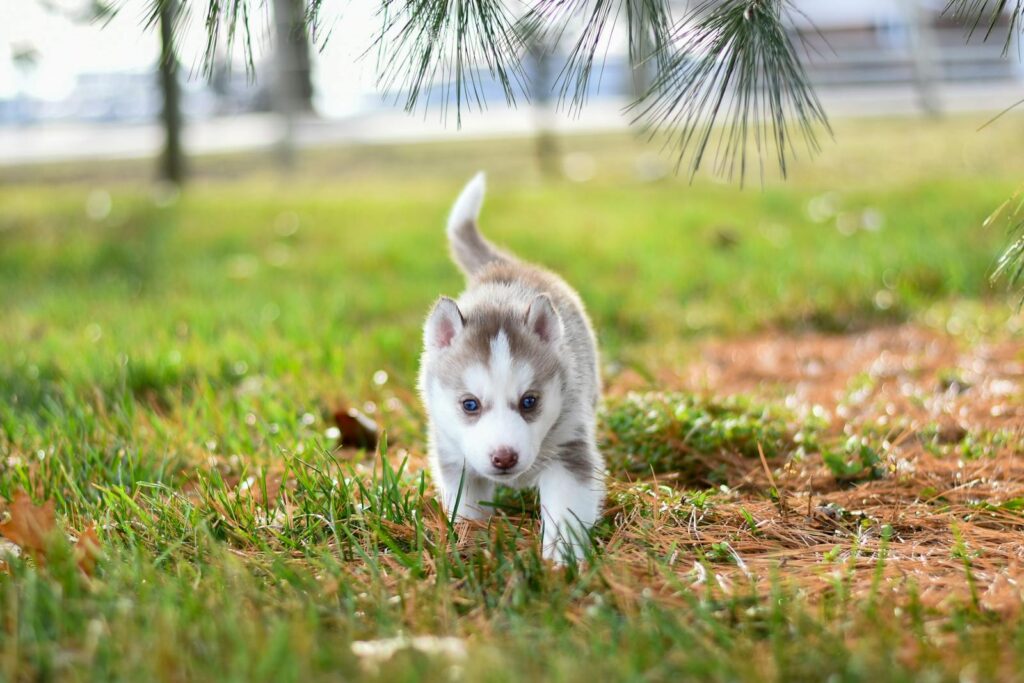
Socialization doesn’t mean throwing your puppy into a whirlwind of new experiences all at once. For example, taking them to a pet store, introducing them to multiple dogs, and exposing them to new sounds in one outing can be overwhelming. Instead, focus on one new experience at a time. Let your puppy fully process each situation before moving on to the next.
Let Them Interact With Aggressive Dogs
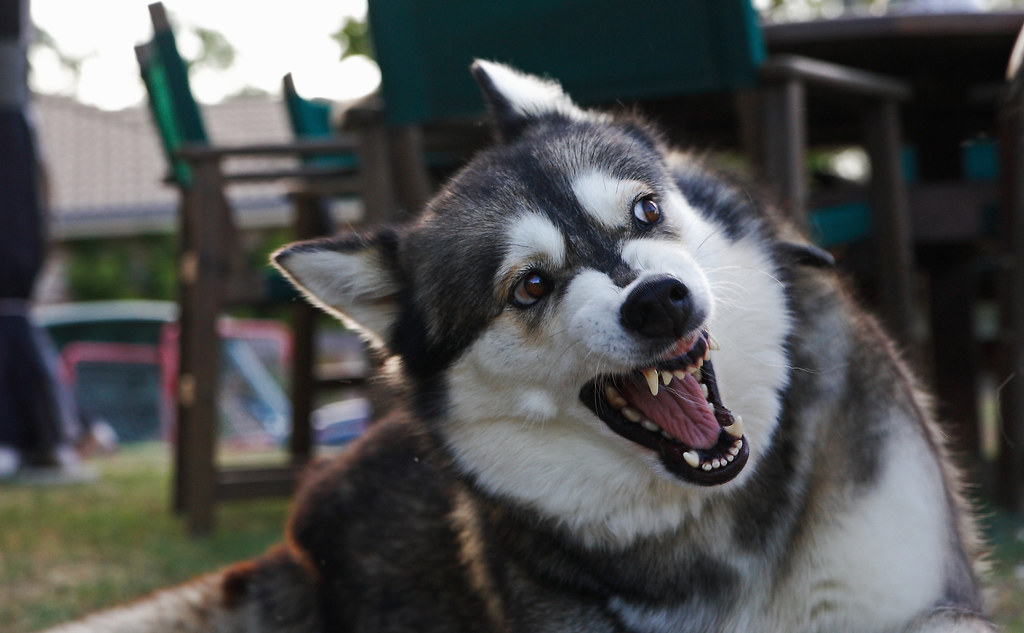
Not all dogs are friendly, and exposing your puppy to an aggressive or poorly socialized dog can be traumatic. A single bad experience can make them wary or fearful of other dogs. Always vet the dogs your puppy interacts with, choosing calm and friendly companions who will show positive behavior. If necessary, keep interactions short and closely supervised.
Skip Early Socialization
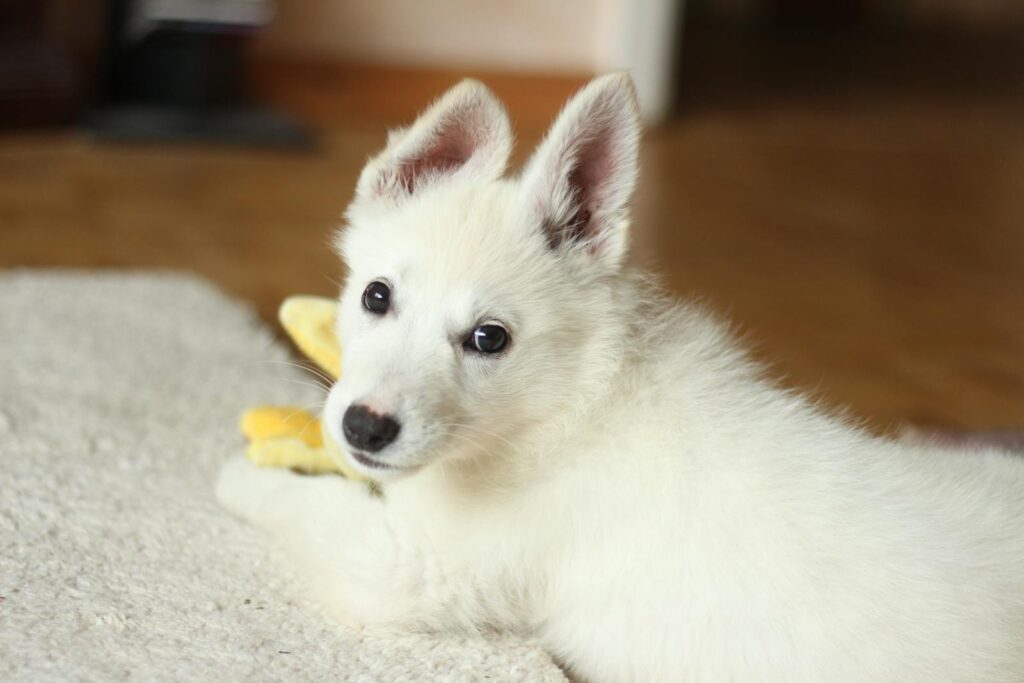
Puppies are most open to new experiences during the critical socialization window between 3 and 14 weeks of age. If this window is missed, they may become fearful or resistant to new experiences later in life. Even if your puppy isn’t fully vaccinated, you can still expose them to safe and controlled environments, such as meeting vaccinated dogs or carrying them around busy areas to observe from a safe distance.
Punish Them for Being Nervous
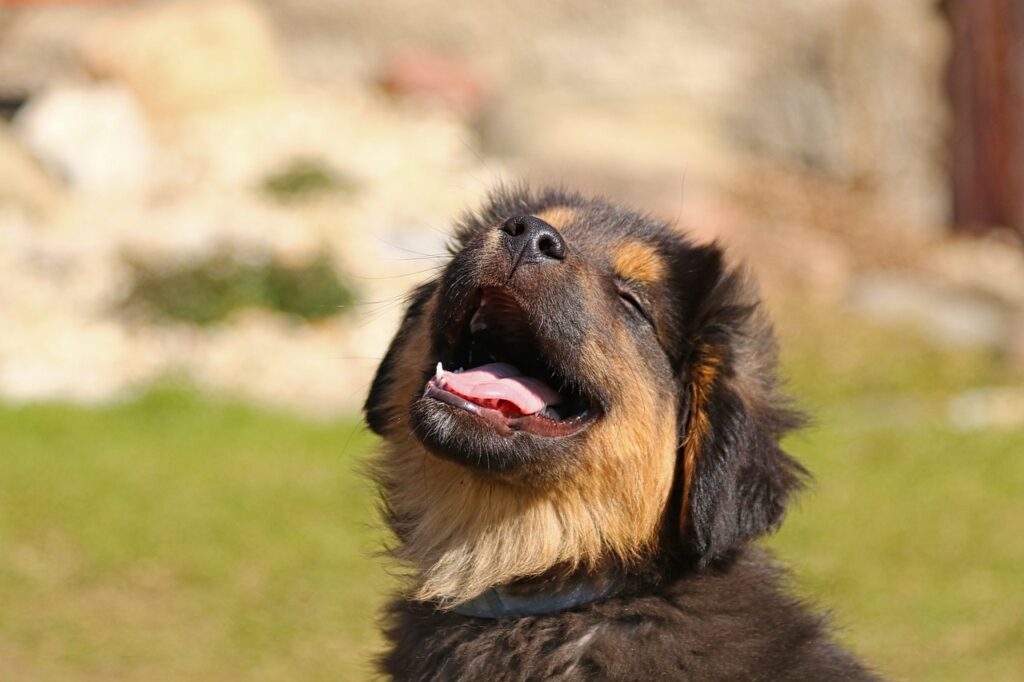
Scolding or punishing a puppy for being scared only reinforces their fear. For example, yelling at a puppy who’s afraid of a loud noise like fireworks can make the situation even worse. Instead, reward calm behavior with treats, praise, or play. Help them associate the experience with positive outcomes rather than fear.
Neglect Introducing Them to Different Environments
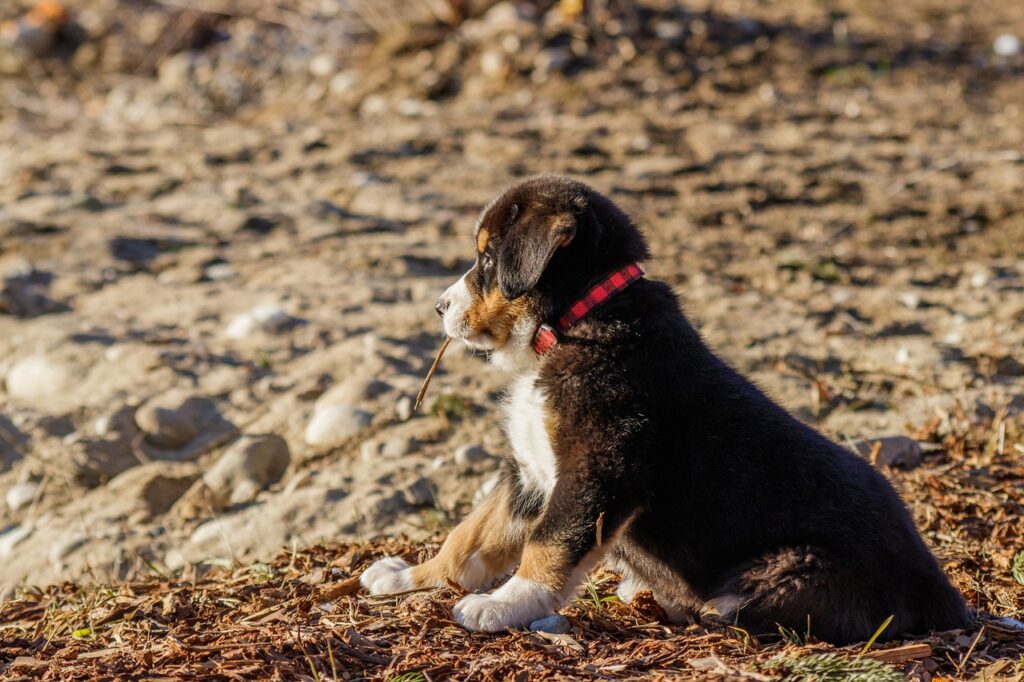
A puppy that only knows your home and backyard is at a disadvantage when encountering new places later in life. Different environments—like busy sidewalks, quiet parks, or bustling stores—help your puppy become adaptable. Start small and gradually expand their horizons to give them a broader understanding of the world.
Let Untrained Children Handle Them
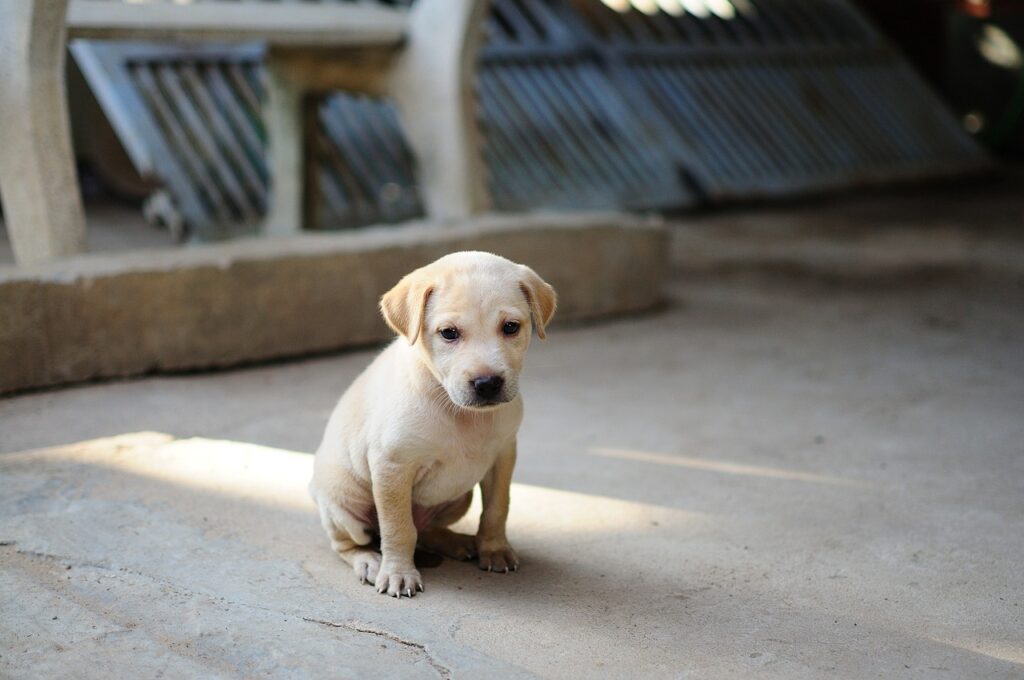
Children can unintentionally frighten or hurt a puppy by pulling on their ears, grabbing them too roughly, or chasing them around. This can lead to fear or even aggression toward kids in the future. Always supervise interactions between children and your puppy. Teach kids how to handle your puppy gently and respect their boundaries.
Forget to Socialize Them With People of All Ages
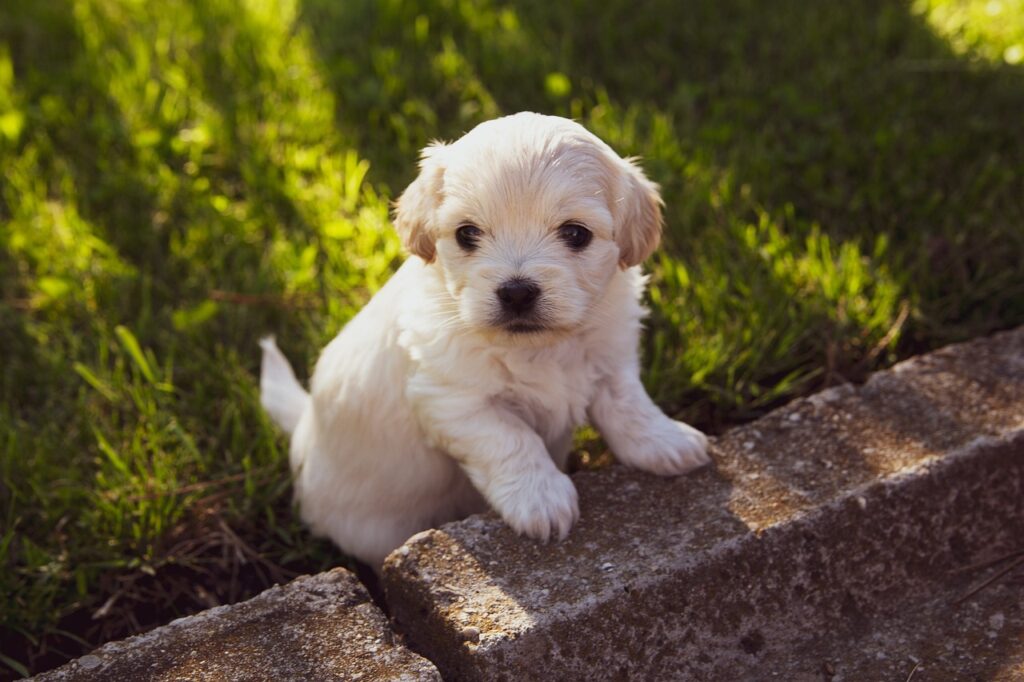
Puppies need to meet a variety of people, from men and women to children and seniors. Failing to introduce them to diverse individuals can result in fear or aggression toward certain groups later on. For example, some puppies may become wary of men with deep voices or people wearing hats unless they’re exposed early on.
Skip Leash Training During Socialization
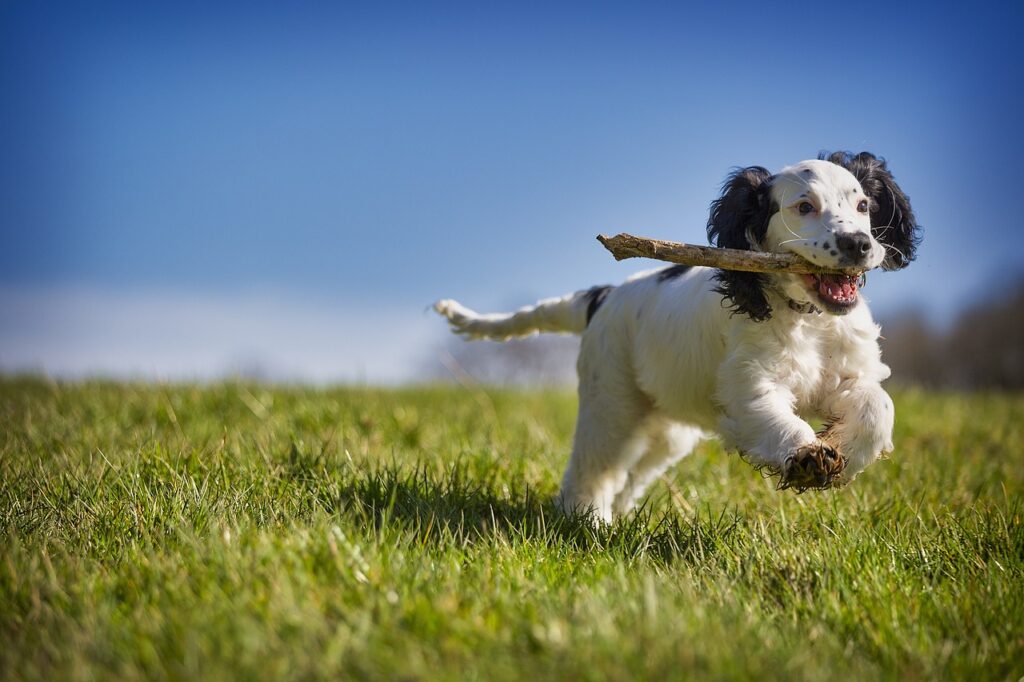
If your puppy doesn’t know how to behave on a leash, outings can quickly become stressful. A puppy that pulls, jumps, or refuses to walk can create frustration for both of you. Start leash training at home in a calm environment before introducing them to busier areas. A well-trained puppy will be more confident and easier to manage in new settings.
Rely Solely on Dog Parks for Socialization
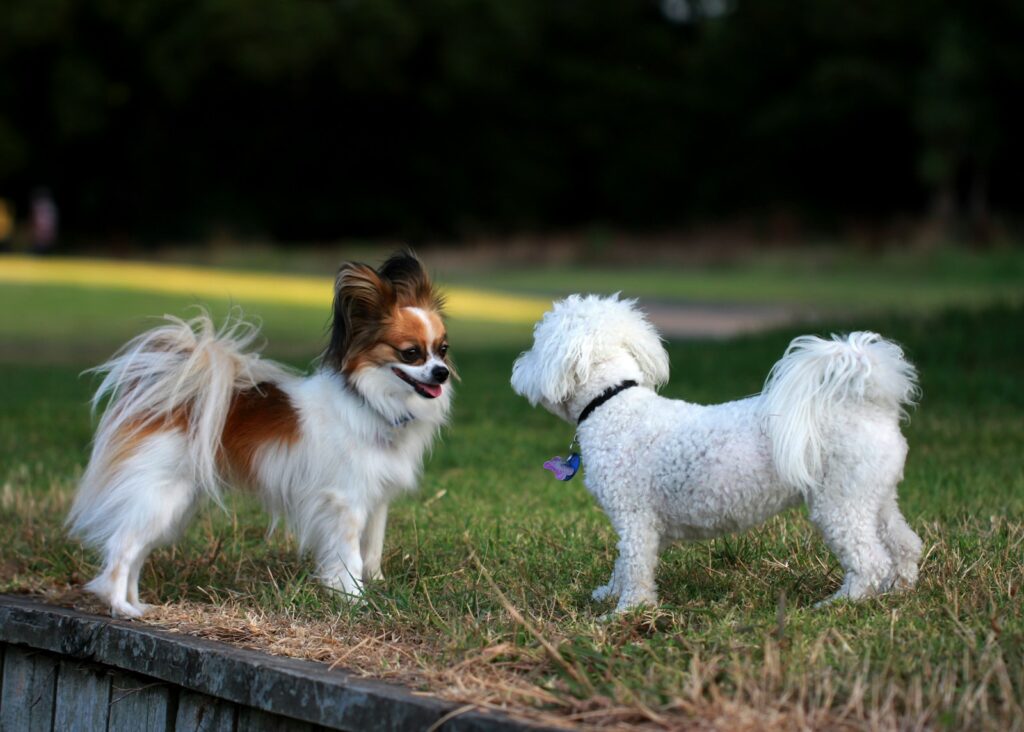
Dog parks might seem like the perfect place for socializing, but they can be unpredictable. Larger, more dominant dogs can intimidate your puppy, and chaotic environments may overwhelm them. Focus on controlled, one-on-one interactions with calm and friendly dogs first. Once your puppy gains confidence, they’ll be better prepared for the fast-paced nature of dog parks.
Expose Them to Loud Noises Too Abruptly

Sudden exposure to loud sounds like fireworks, sirens, or construction can terrify a puppy. While it’s important to desensitize them to noises, start with softer versions. For example, play recorded sounds at a low volume and gradually increase it over time, pairing it with treats or praise. This approach helps them associate sounds with positive experiences.
Overlook Handling Exercises
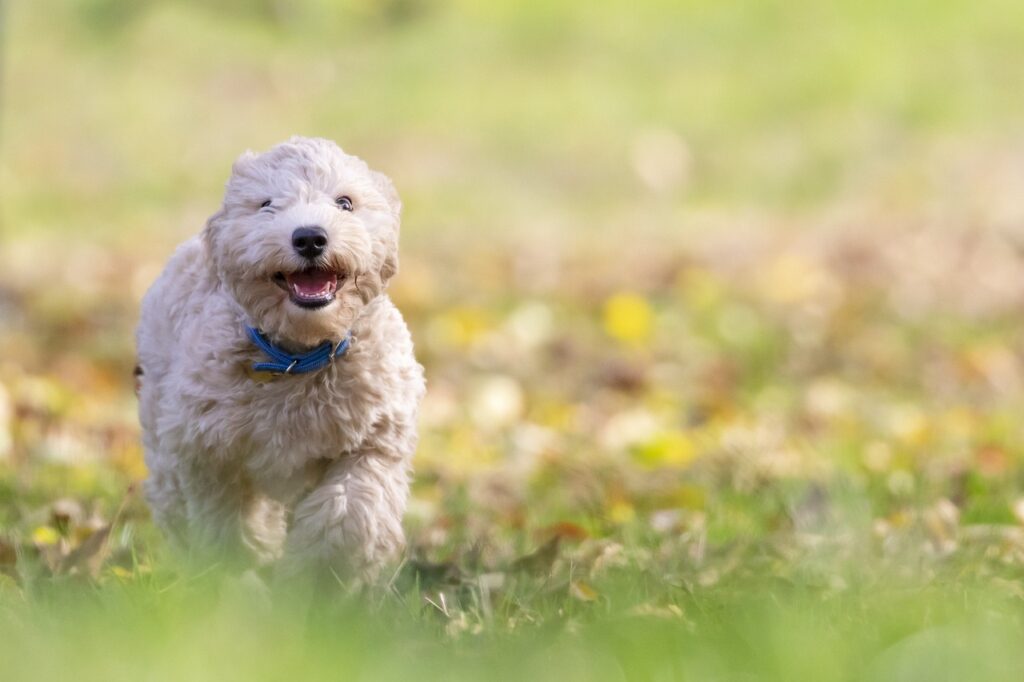
Puppies need to feel comfortable being touched, whether it’s for grooming, vet visits, or cuddles. Failing to practice handling can lead to fear or aggression when someone tries to touch their paws, ears, or mouth. Handling should be made a regular part of their routine by gently massaging these areas and rewarding them with treats for staying calm.
Focus Only on Socializing With Dogs
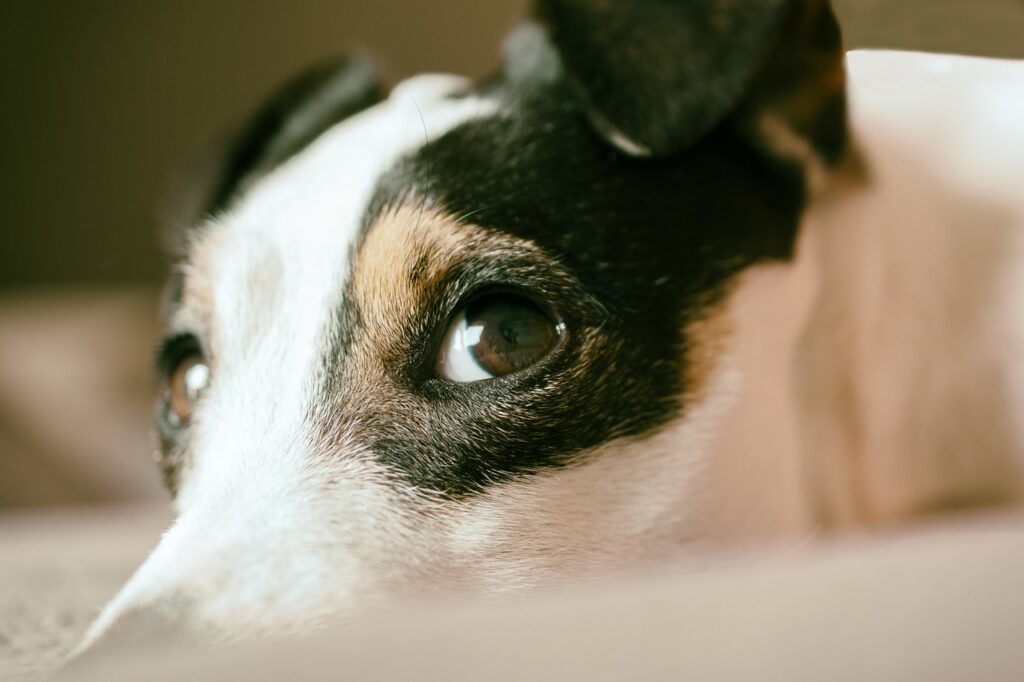
While meeting other dogs is essential, socialization should include a wide range of experiences. Expose your puppy to different objects, textures, and environments—like walking on sand, crossing bridges, or hearing a vacuum cleaner. The more varied their experiences, the more confident they’ll be in unfamiliar situations.
Stop Socializing After Puppyhood
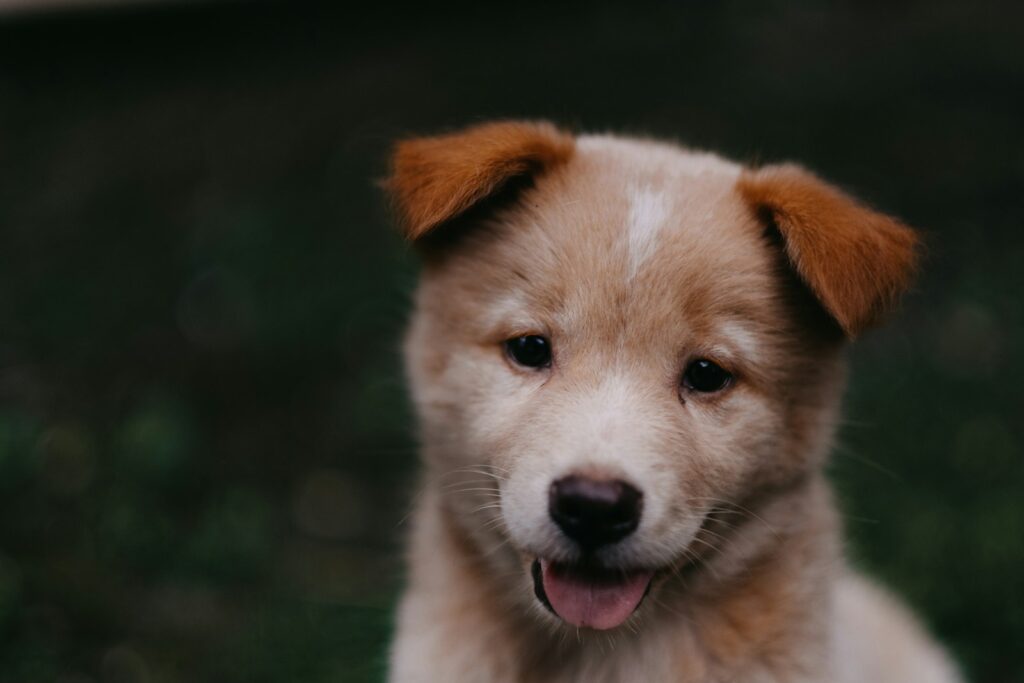
Socialization isn’t a one-time task—it’s a lifelong process. A puppy that stops experiencing new things as they grow older can regress and develop new fears. Continue to expose your dog to new people, places, and activities throughout their life to maintain their confidence and adaptability.
